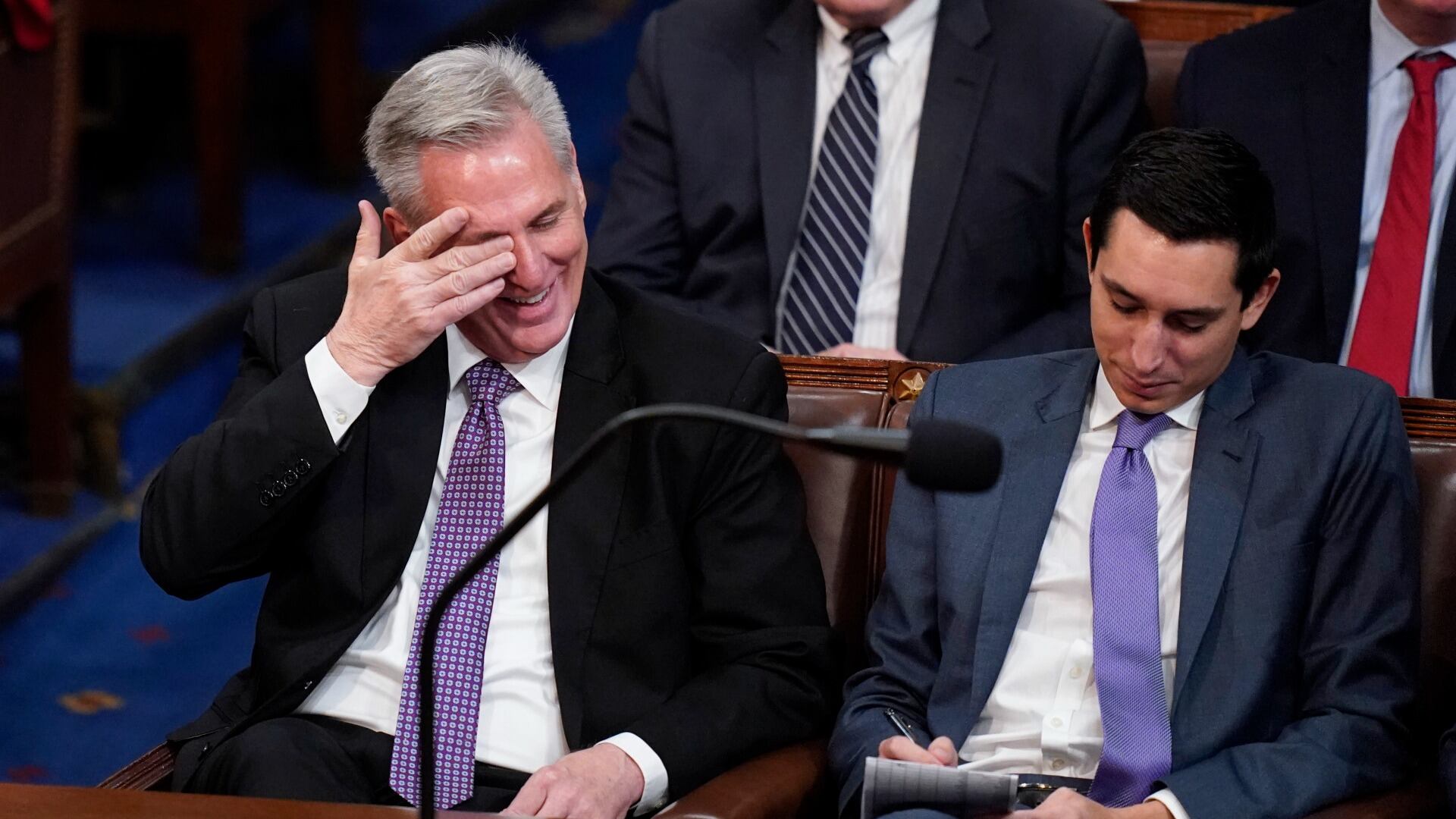Rep. Kevin McCarthy failed to secure the House speakership position again early Wednesday afternoon, losing in a series of votes.
In order to become the next House speaker, McCarthy needs to win a simple majority of votes, or 218 if all 435 members vote. McCarthy failed to reach a majority in the first three rounds of votes Tuesday, marking a historic defeat. It was the first time in 100 years that a nominee failed to win the gavel on the first round of votes.
McCarthy headed down a similar path Wednesday afternoon, coming up short again in the fourth and fifth round of votes.
The problem for McCarthy is a group of far-right Republicans who are refusing to back him, even after McCarthy made concessions to appease them. Still, McCarthy has shown no signs of giving up his bid.
“We’re not that far away,” McCarthy told reporters last night. “We only need 11 more votes to win.”
Rep. Lauren Boebert (R-Colo. 3rd District) called on former President Donald Trump to tell McCarthy, "Sir, you do not have the votes and it’s time to withdraw." Trump had earlier voiced his full support for the embattled nominee.
Voting will continue until a lawmaker receives a simple majority. Either McCarthy will be able to convince enough Republicans to support him, or to not vote for anyone and lower the threshold to reach a majority, or an alternate candidate will emerge. Until then, the House can’t swear in lawmakers, establish rules for the next two years, or pass new legislation. It remains unclear how long the process could take.
Updated with Cheddar writethrough.













